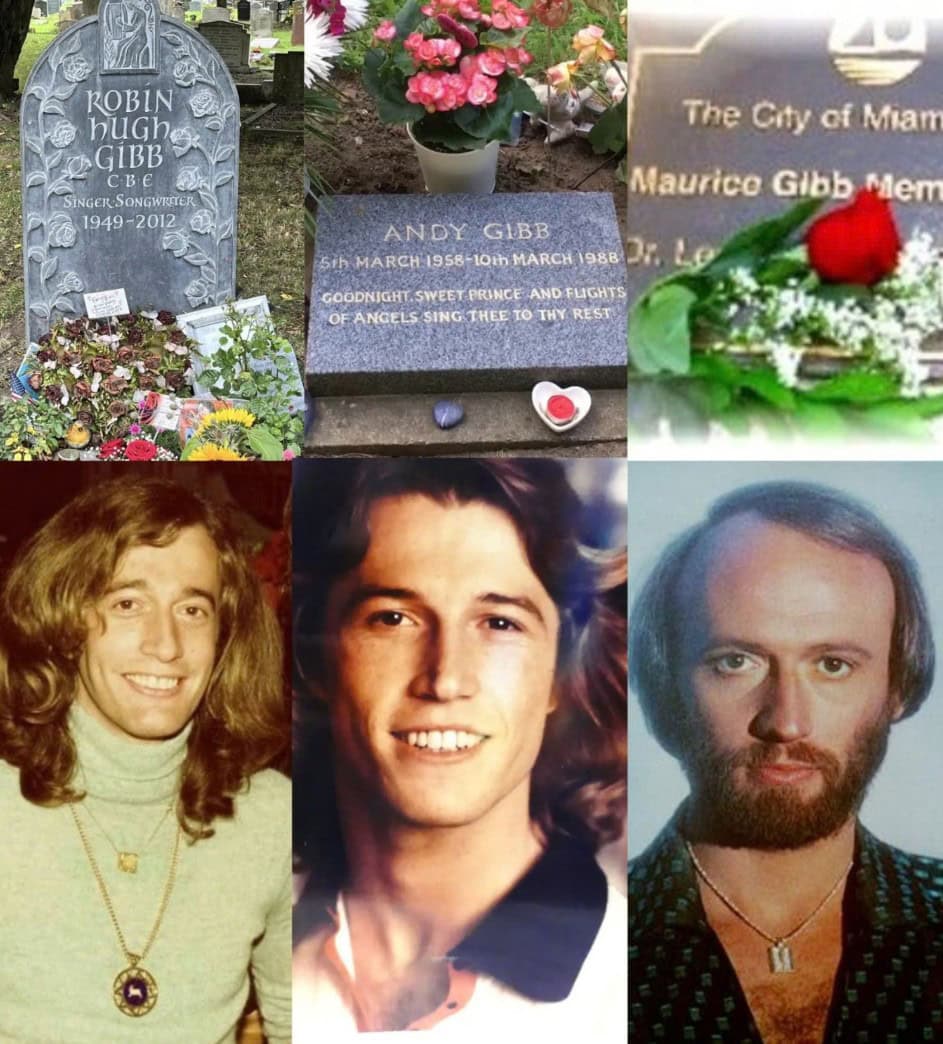Don’t stop here—scroll down to continue reading.

Below is the complete article.
When the Bee Gees sing “I’m Weeping,” it feels less like a song and more like a whispered truth carried through time. Their voices do not simply perform — they bleed into one another, creating a sound so fragile it seems ready to shatter under its own weight. In those harmonies, there is the echo of loss, of longing, and of a love that refuses to fade even when it has nowhere left to go. The Bee Gees had always been masters of emotion, but here, the depth of their sorrow feels almost unbearably intimate, as if we have stumbled into a private moment of grief.
What makes “I’m Weeping” so haunting is not just its melody, but its honesty. Each note drips with the vulnerability of hearts laid bare, as though the brothers themselves could no longer hide behind the glitter of fame or the polish of production. It is a reminder that even legends carry wounds — and when they sing of them, we are invited to touch those same hidden places within ourselves. The trembling beauty of the song transforms personal grief into something universal, where listeners from every corner of life can find their own reflection in its sadness.
And yet, amidst the ache, there is something profoundly tender. The sorrow in the song is not destructive; it does not push us away but instead draws us closer, teaching us that tears can be as sacred as laughter. By the final notes, you are not left with despair, but with a quiet, steadfast love that survives in the shadow of pain. That is the Bee Gees’ gift — turning sorrow into light, and reminding us that even in weeping, there is a kind of grace that makes us more deeply human.
